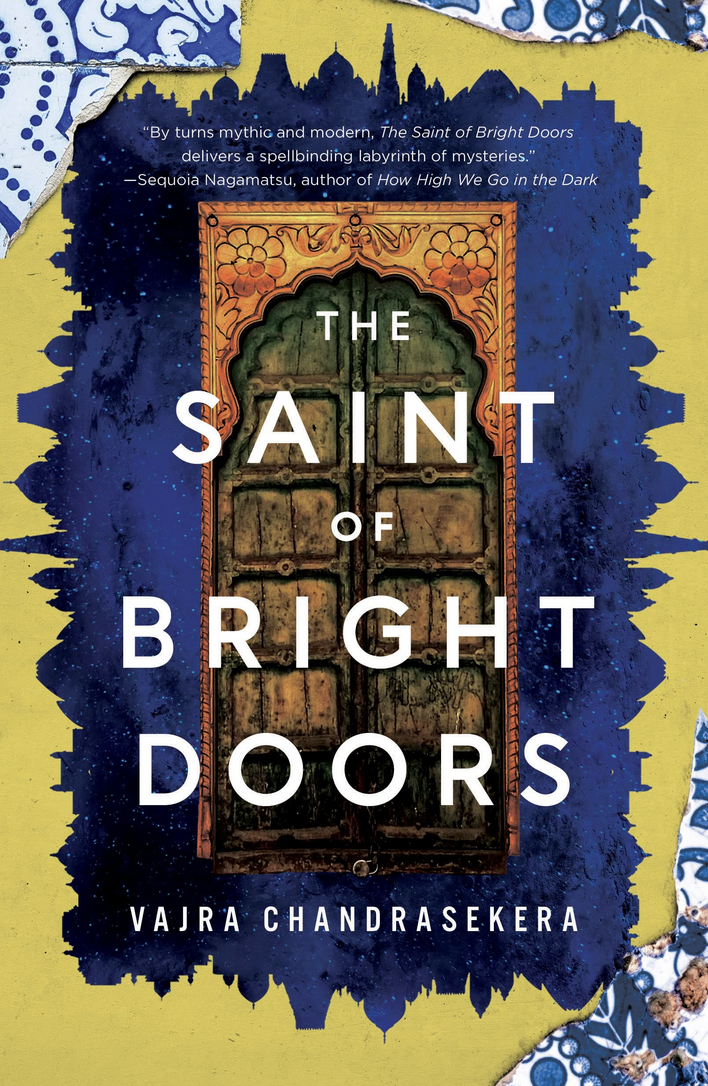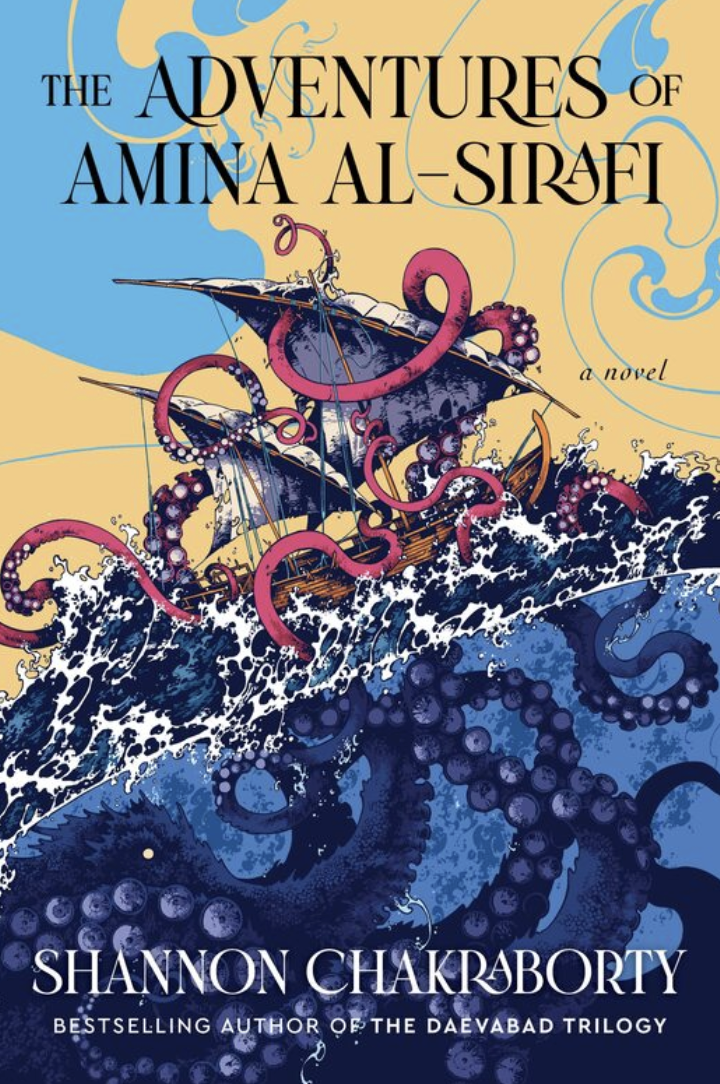Reviews of the 2024 Hugo Nominees
The Saint of Bright Doors (B-)
There was a recurring theme among nominees this year: "Main character kills both God and their Father," alongside an undercurrent of anti-heroism. The Saint of Bright Doors exemplifies this. It features fascinating worldbuilding and a poignant sequence about losing language and context, but I struggled to connect with the characters. The allegory-driven narrative didn't resonate deeply, despite its philosophical themes.
Some Desperate Glory (B+)
By Emily Tesh
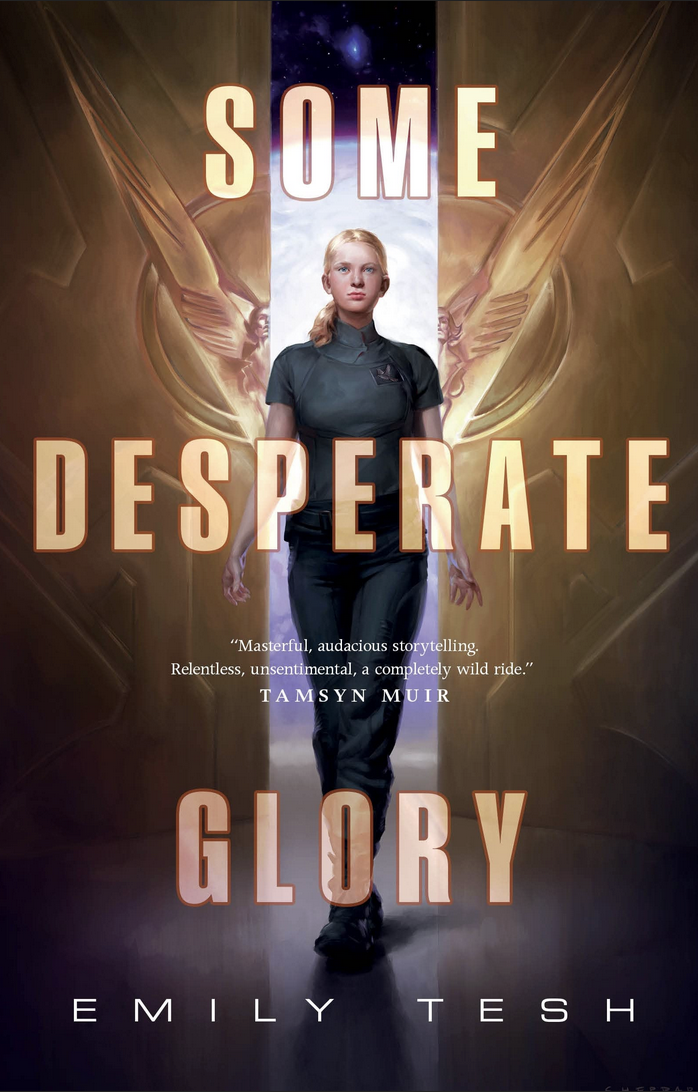
This Hugo winner delves into philosophical dilemmas with a vivid portrayal of a violent death cult harboring legitimate grievances. It explores "the best of all possible worlds" and the question of evil with compelling character growth. While it captivates in the moment, it struggles to leave a lasting impression.
The Adventures of Amina al-Sirafi (B)
A solid and entertaining read, reminiscent of Sinbad the Sailor. Amina, a 40-something mother, embarks on epic, god-shattering adventures. The frenemies' romance and vibrant worldbuilding make it delightful pulp fiction, though its appeal is more adventurous than thought-provoking.
Starter Villain (B+)
By John Scalzi
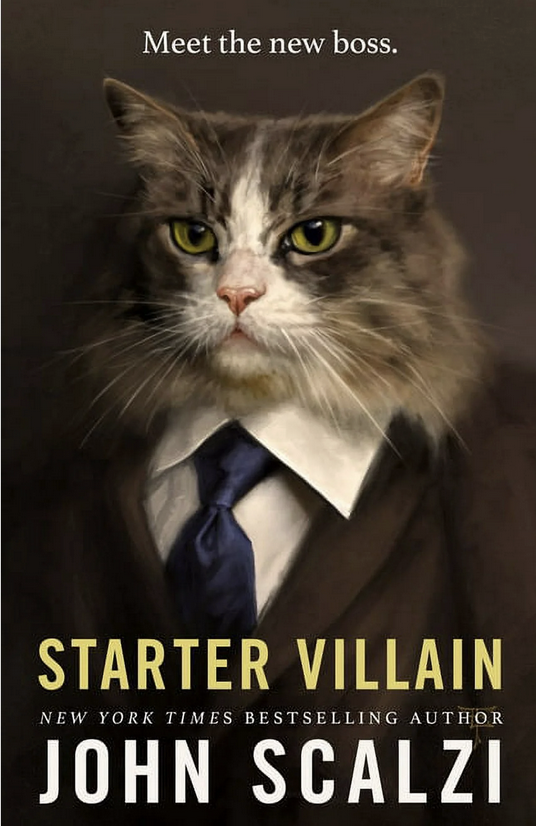
A Cinderella story for a middle-aged substitute teacher turned benevolent Bond-style supervillain. Despite its bubblegum pulp nature, its humor and snappy dialogue make it irresistible. Highlights include unionized dolphins and unforgettable characters like Tobias the Stabber.
Translation State (A-)
By Ann Leckie
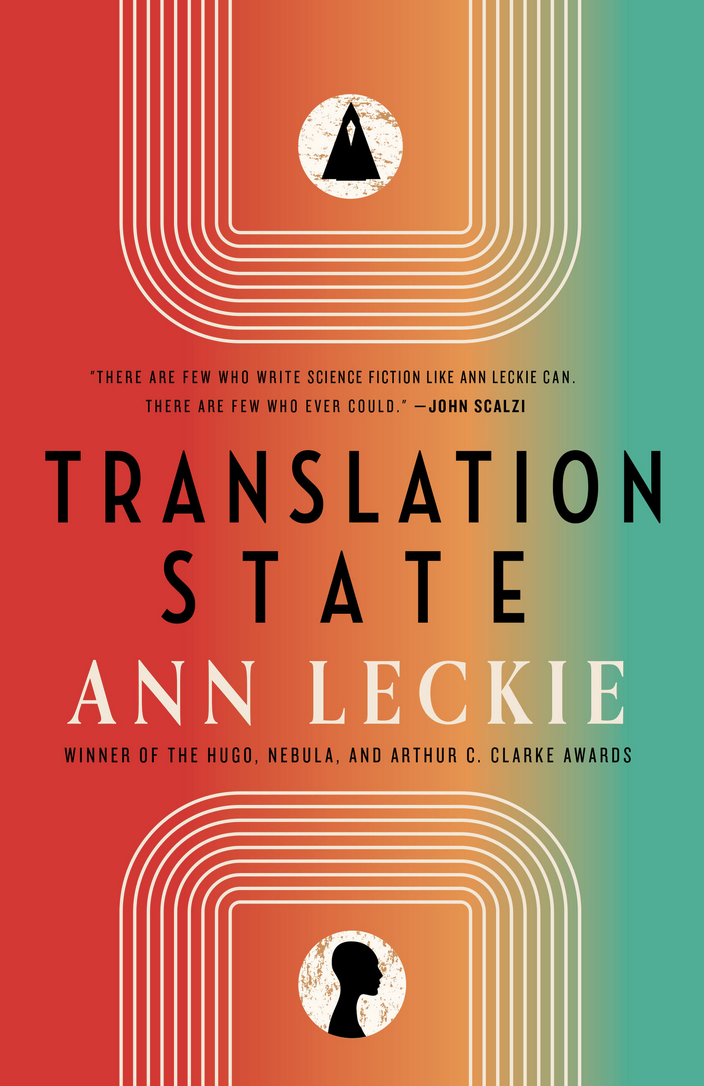
This sci-fi gem explores individual identity and truly alien perspectives. Leckie masterfully crafts relatable characters and thought-provoking narratives about how alternate worldviews shape technology and society. A delight for fans of intellectual and emotional depth.
Witch King (D+)
By Martha Wells
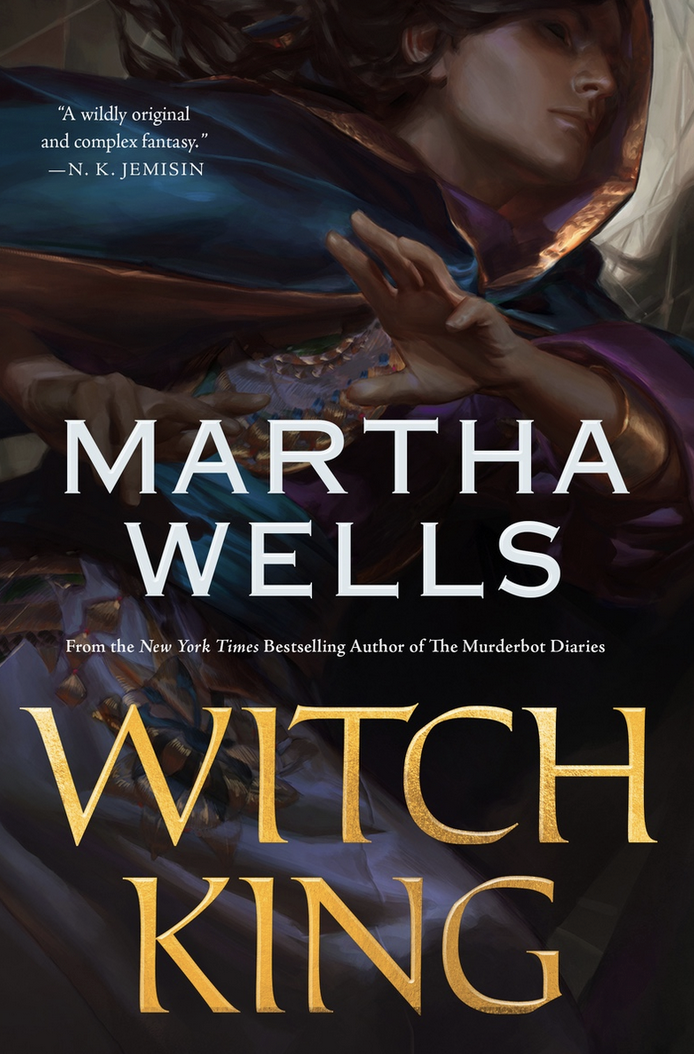
A surprising disappointment from the author of The Murderbot Chronicles. While it features expansive worldbuilding and a detailed magic system, its convoluted plot and lack of engaging pacing made it feel like a chore to finish. That said, its depiction of angels as violent, self-righteous pricks was memorable.
